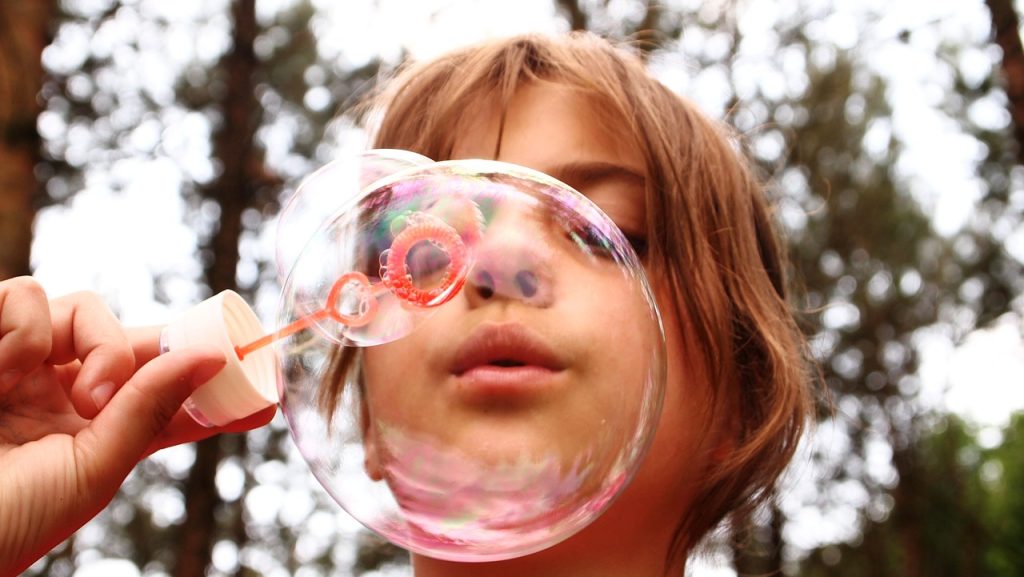Importance of Play, Physical and Mental Benefits for Kids

When we think about the importance of play, we often see it as a way for them to burn off some energy or simply have fun. But there’s a lot more going on than just fun and games. Play is a fundamental part of growing up, and it’s essential for a child’s overall development. From running around the playground to pretending to be superheroes, play is packed with benefits for both the body and the mind. Let’s dive into why play is so important for children’s physical and mental health—and why we should make room for more of it in their lives.
Physical Health: Moving, Grooving, and Growing Strong
First, let’s talk about the obvious stuff: the physical benefits. When kids are running, jumping, climbing, or even just spinning in circles, they’re doing more than just being active—they’re building a strong foundation for lifelong health. Active play helps kids develop their muscles and bones, improve balance and coordination, and boost their heart health. It’s like a fun workout that builds strength and endurance without them even knowing it!
With childhood obesity on the rise, getting kids moving through play is more important than ever. Outdoor activities, like playing tag or riding bikes, not only keep kids fit but also expose them to natural sunlight, which is great for Vitamin D production—a key player in bone health. Plus, kids who fall in love with active play early on are more likely to stay active as they grow up, setting the stage for healthier habits down the line.
Mental Development: Play as a Learning Tool
Play isn’t just good for the body; it’s a workout for the brain too. Think about it—when kids are building a tower with blocks, figuring out the rules of a game, or pretending to be a shopkeeper, they’re learning valuable skills. Through play, kids learn to solve problems, make decisions, think creatively, and even understand basic math and science concepts. It’s like their brains are in overdrive mode, soaking up information and making new connections.
Psychologists like Jean Piaget have long talked about how important play is for cognitive development. Activities like puzzles, board games, and make-believe scenarios help kids learn how to think critically and work through problems. These are skills they’ll need not just in school, but in life. So, next time you see a child deep in concentration while building a Lego castle or inventing a game with their friends, remember—they’re not just playing; they’re learning and growing.
Emotional and Social Smarts: The Heart of Play
One of the most incredible benefits of play is how it helps kids understand themselves and others. When kids play, especially with other children, they learn how to communicate, share, negotiate, and even handle conflict. These experiences are key to developing emotional intelligence—understanding their own feelings and those of others.
Imagine a group of kids playing house or setting up a pretend restaurant. They’re taking turns being the customer, the chef, the waiter. Through these role-playing games, they learn empathy, cooperation, and leadership. They figure out how to manage frustration when things don’t go their way, and they learn to be flexible and creative in finding solutions. Play becomes a safe space where they can express their emotions and practice real-world social skills.
Mental Health: Play as a Mood Booster
It’s no secret that play makes kids happy. But it’s more than just that. Play has been shown to reduce anxiety and stress in children, helping them to feel more relaxed and confident. When kids engage in regular, unstructured play, they’re able to release pent-up energy, express their creativity, and simply enjoy being in the moment. This kind of play is like a mental reset that can improve their mood, boost their self-esteem, and help them cope with the ups and downs of life.
Today, with all the pressures kids face—academics, screens, structured activities—it’s easy to forget how vital play is for their mental well-being. That’s why it’s so important for parents and educators to encourage more free play time. It’s not about piling on more structured activities; it’s about letting kids be kids, with the freedom to explore, imagine, and unwind.
How Parents and Educators Can Encourage More Play
We all have a role to play in making sure children have the time, space, and encouragement they need to play. Parents can create safe and stimulating environments that promote both active and imaginative play. This doesn’t mean buying a ton of expensive toys; sometimes, the best play comes from simple things—like a cardboard box that becomes a spaceship, or a backyard that turns into a jungle adventure. Educators, too, can support play by incorporating playful learning into the school day and recognizing the immense value of recess and unstructured time.
Play isn’t just a fun break for kids; it’s a vital part of growing up healthy and happy. It helps build strong bodies, sharp minds, and resilient hearts. As we think about what’s best for our children, let’s remember the power of play and make sure it stays at the heart of childhood. For more insights on this topic, check out this comprehensive article on children’s play and toy safety, which dives deeper into how different types of play contribute to development. If you’d also like to check out other articles by us at Toytazia please click here.
By making room for more play—whether it’s on the playground, in the backyard, or even in the living room—we’re helping kids build a better foundation for their future. So, let’s get playing.




